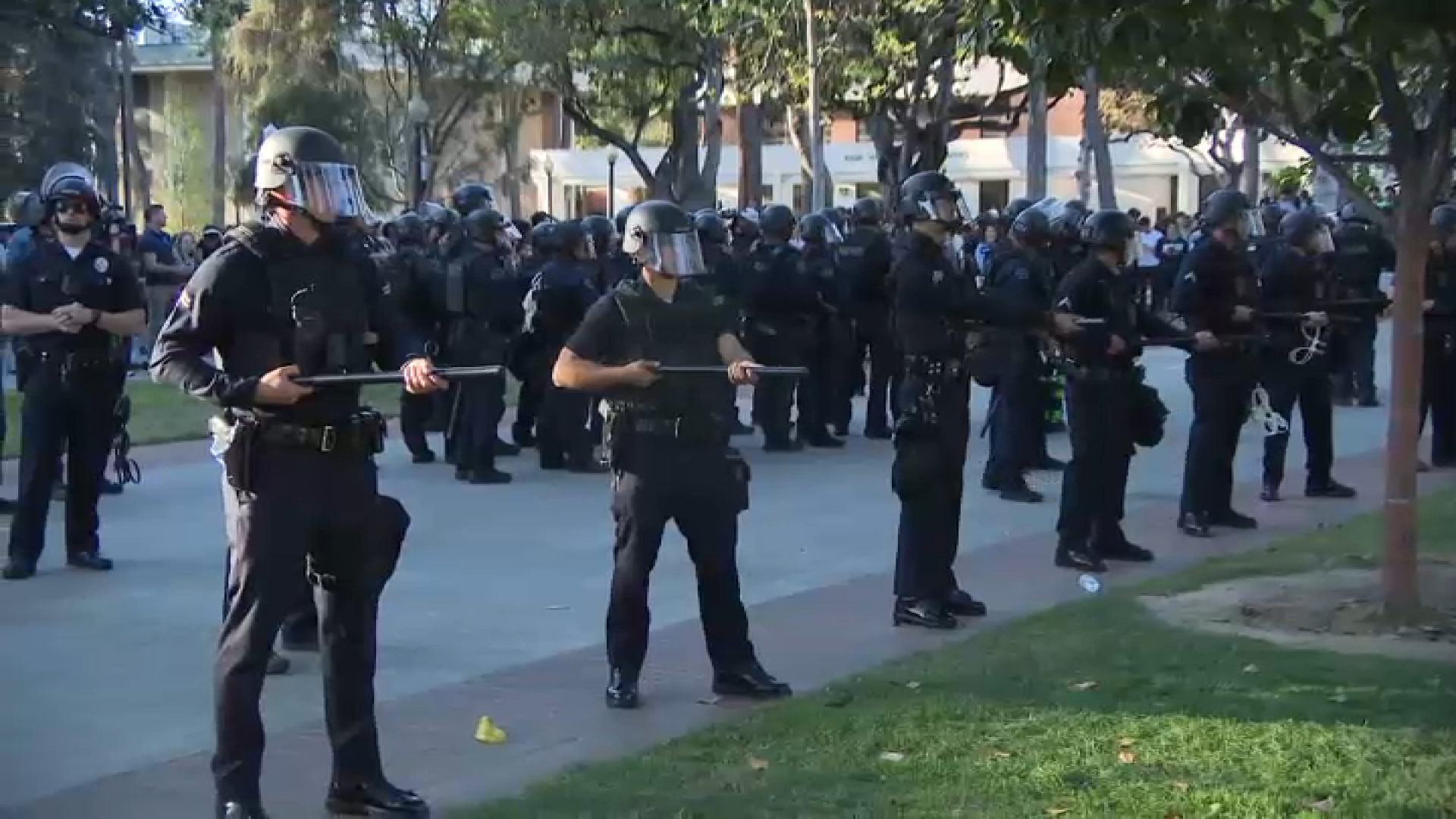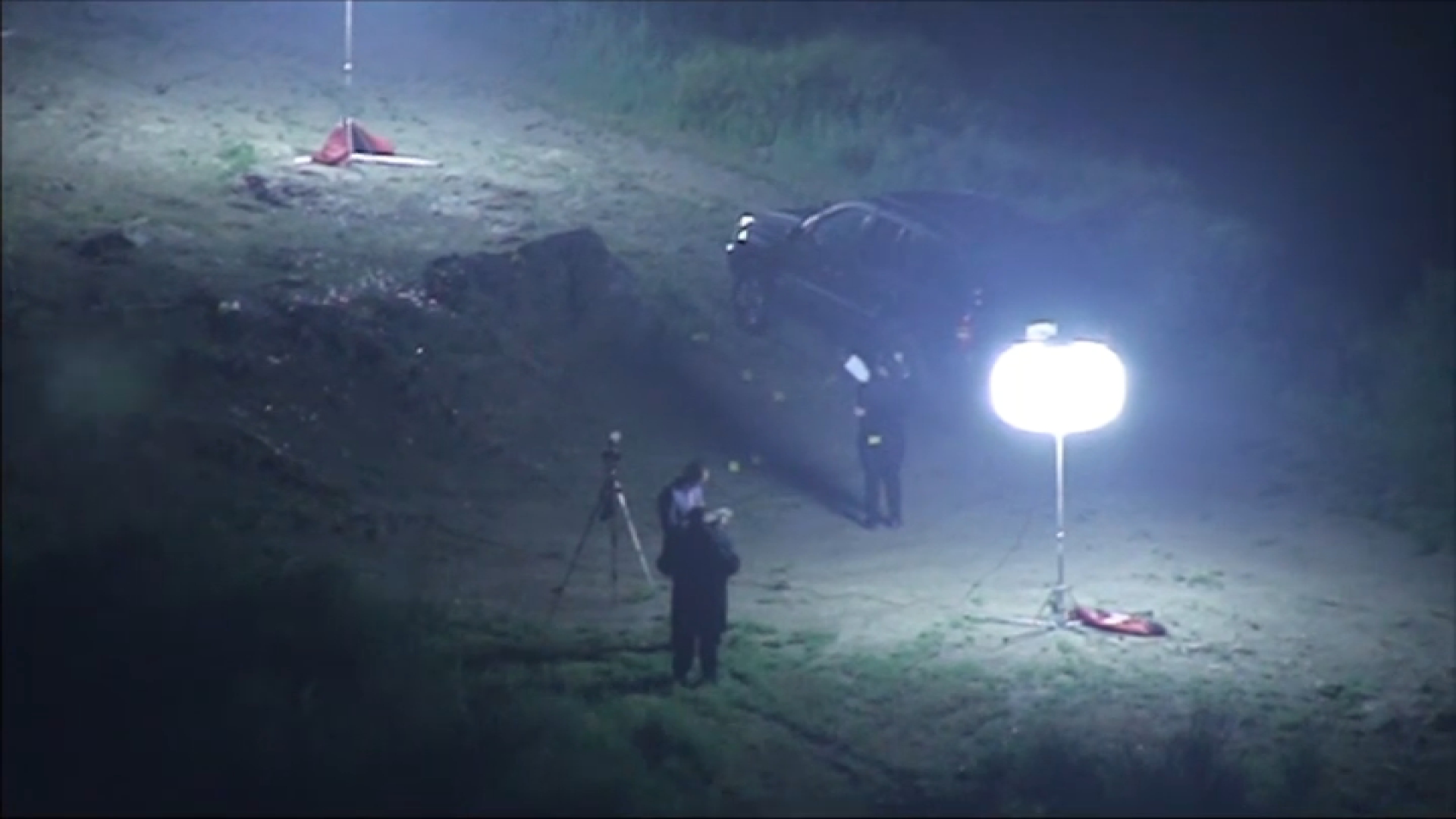Earthquakes are frightening for everyone, but they can be even more traumatic for children if they do not know what to do. It is important to give children guidance that might not only help them reduce their fears, but save their lives.
Talk to Children:
Earthquakes can be far less scary to children when they are prepared. It is vital to talk to them and explain how to respond if one occurs:
- Use positive language.
- Tell children what to do, instead of what not do.
- Avoid discussing horrific events and gruesome details.
- Repeat key messages at least three times. Children tend to remember things they have heard more than once.
Plan with Children:
Be sure to include children in the emergency planning process. This not only better prepares them for survival, but might also lighten the burden on parents or guardians during an earthquake. When children know what to do, everyone can keep a sense of calm.
- It's vital to be sure that children know when and how to dial 9-1-1. You can practice using a toy phone or pictures. Remember, you should never contact 9-1-1 unless there is an actual emergency.
- Children should know important information about themselves in the event that they are separated from adults. Teach your children their last name, home address and the phone number of the family's emergency contact.
- Have them recite this important information often to ensure that they know it when they need to. You should also have your child practice calling the family's emergency contact.
- Help kids understand that many people can help them in an emergency situation -- including strangers. This might keep your child from resisting aid in a time of need.
Fear and Life-altering Trauma:
Local
Get Los Angeles's latest local news on crime, entertainment, weather, schools, COVID, cost of living and more. Here's your go-to source for today's LA news.
Feelings of fear before, during and after an earthquake are natural -- for adults and children. But children look to adults for help and how you react affects how children react. If you react with alarm, children are more likely to become distressed. If you remain calm, your child might feel less scared and more confident in your ability to protect them.
A child's fears also might stem from his or her imagination, and you should take these feelings seriously, because a child who feels afraid is afraid. Your words and actions can provide reassurance. When talking with your child, be sure to present a realistic picture that is honest and manageable.
When you're sure that danger has passed, concentrate on your child's emotional needs by asking the child what's uppermost in his or her mind. Having children participate in the family's recovery activities will help them feel that their life will return to "normal." Your response during this time could have a lasting impact.



